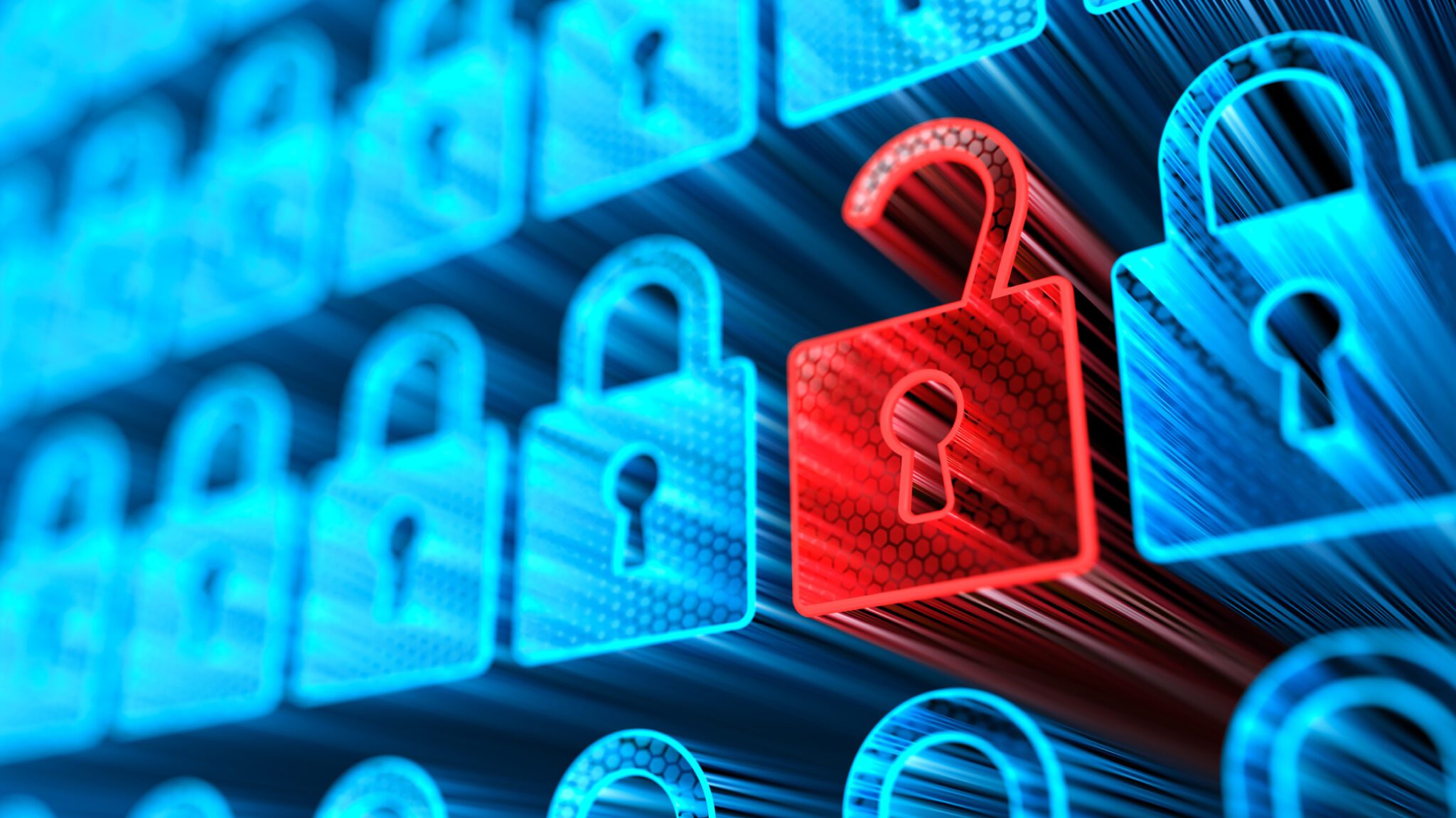
Much like a New Year’s resolution or a calendar reminder to change the batteries in the smoke detectors on New Year’s Day, Data Privacy Day on January 28 is the perfect prompt for renewed diligence on data privacy.
First, Let’s Define Privacy
Privacy is a fundamental human right recognized in the UN Declaration of Human Rights. It’s considered a fundamental human right in many countries and jurisdictions, and data protection laws exist to guard that right. Privacy underpins — and lifts — human dignity and other key values such as freedom of association and freedom of speech. It is generally considered the right not to be observed or disturbed by others. This includes a belief that others will not see certain information.
The National Cybersecurity Alliance notes that “Like all rights, the exact meaning of privacy varies from age to age and among different cultures. But today, you can usually think of privacy as your right to keep your person and your information to yourself.”
But What is Data Privacy?
Data privacy commonly implies the capability of a person to determine for themselves how, when, and to what extent personal information about them is collected, shared with, or communicated to others. This personal information can be widely varied, and while this list is not exhaustive, it can include name, location, contact information, birthdate, Social Security number, medical records, credit card numbers, online activity, websites visited, social media communications, and countless other data points which can lead to unwanted personal identification — or reidentification. Just as an individual may wish to exclude people from a confidential conversation, many online users want to limit or inhibit this personal data collection.
The sheer volume of data generated about our activities online can be overwhelming, which is why data privacy has become a defining issue of our digital era. Thousands of businesses worldwide pay big bucks to learn about you through collected personal data. Advertisers and businesses prize this data because they can better target ads and products toward you.
Data privacy, then, is the right to control your data and decide what should be kept private. Obviously, not all data can be kept private, but you should be aware of your rights, learn to advocate for yourself, and be determined to only to share your data when it feels appropriate.
Our increasingly amplified dependence on digital technologies to manage nearly every aspect of life imposes the need to be aware of what we share about ourselves, when and where we share it, and who we share it with.
Data Privacy Day
An initiative of the National Cyber Security Alliance (NCSA), Data Privacy Day is January 28. It is part of an annual, recurring global safety, security, and privacy campaign, and this year’s theme is “Take Control of Your Data.” It’s an international effort to create awareness about the importance of respecting privacy, safeguarding personal information, and enabling trust.

Be aware of your rights, learn to advocate for yourself, and only share your data when it feels appropriate.
A brief history of Data Privacy Day
- In 1981, Convention 108 for the protection of individuals’ personal data is signed.
- In 2006, the first Data Protection Day is observed — initiated by the Council of Europe.
- In 2008, observed as an extension of European Data Protection Day, Data Privacy Day makes its debut in the U.S.
- In 2009, The United States House of Representatives first recognizes National Data Privacy Day.
- In 2014, Senate Resolution 33 is adopted by Congress, designating January 28 as National Data Privacy Day.
Data Privacy Day has now evolved into Data Privacy Week, underscoring the importance of digital privacy in our current world.
Data Privacy Week is intended to spread awareness about online privacy and educate the public about managing their personal information and keeping it secure. It encourages businesses, organizations, and local governments to respect data and be more transparent about collecting and using customer data. So, as the line between our offline and online lives continues to blur, consider the following housekeeping suggestions.
Steps to Take
Adjust privacy settings to your comfort level. Make informed decisions about sharing your data with certain businesses. Know the tradeoff between privacy and convenience; consider the amount of information being requested and weigh it against the benefits you may receive in return. Be wary of apps or technologies that require access to information that is not relevant to their services. Delete unused apps and the data they contain.
Protect Your Data
Create long, unique passwords and store them in a password manager. Enable multi-factor authentication. Recognize and report phishing. Update your software as available. Review privacy and security settings with family and friends. Conduct security-sensitive activities at home; do not utilize potentially insecure public Wi-Fi networks for sensitive operations such as e-commerce or online banking.
Consider bookmarking the City’s Tech Talk blog, and watch for future City initiatives, information, and tips designed to raise awareness around the importance of data protection. Oh, and happy National Privacy Day! Stay safe out there.
Online Safety Basics:
https://staysafeonline.org/programs/data-privacy-week/
https://staysafeonline.org/resources/
Hacked Accounts: What to Do Right Now
Think Intelligent About Artificial Intelligence